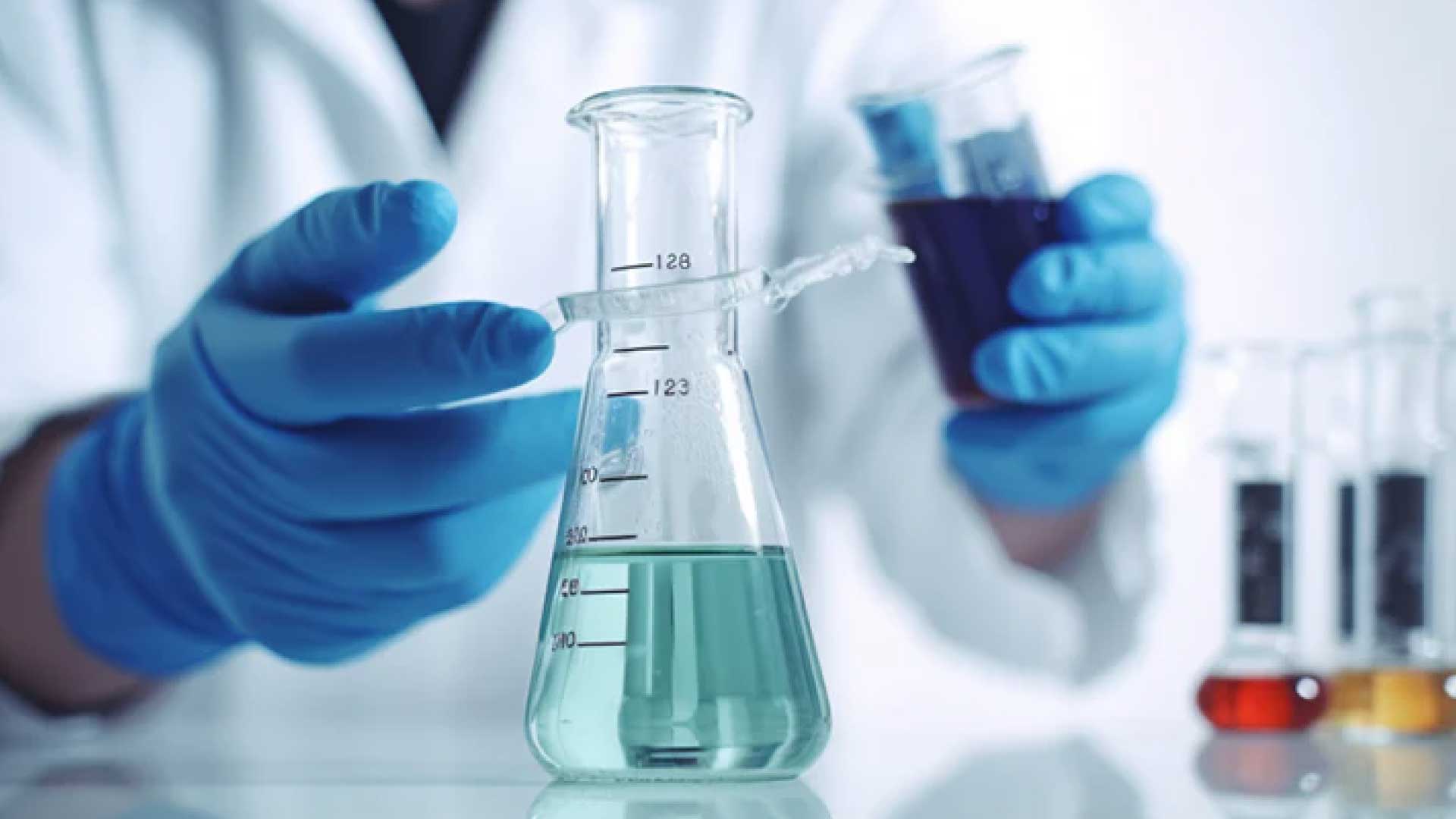
Volumetric Flask Calibration in Bangladesh
In modern laboratories, precision is the foundation of reliable results. Among the many instruments that play a crucial role in accurate measurement, the volumetric flask stands out as one of the most essential. It is widely used in chemical, pharmaceutical, food, environmental, and research laboratories across Bangladesh. However, even the smallest error in its measurement capacity can lead to significant deviations in experimental outcomes. That’s where Volumetric Flask Calibration in Bangladesh becomes vital.
What is a Volumetric Flask?
A volumetric flask is a laboratory glassware designed to hold a precise volume of liquid at a specific temperature. It is typically marked with a calibration line on its narrow neck, indicating the exact capacity — commonly 10 ml, 50 ml, 100 ml, 250 ml, 500 ml, or 1000 ml. These flasks are used for preparing standard solutions, dilutions, and accurate quantitative analyses.
While manufacturers provide flasks that meet certain tolerance levels, these tolerances can shift over time due to repeated use, temperature variations, or physical damage. To maintain accuracy, periodic calibration is essential.
Why Volumetric Flask Calibration is Important
Calibration ensures that the measured volume corresponds precisely to the actual capacity. Inaccurate measurements can affect quality control, production efficiency, and compliance with international standards. Here are some reasons why calibration is crucial:
-
Ensures Measurement Accuracy:
Regular calibration eliminates volume discrepancies, ensuring that every solution or mixture prepared in the laboratory is reliable and consistent. -
Meets Regulatory Requirements:
In Bangladesh, laboratories in industries like pharmaceuticals, food processing, and environmental testing must comply with standards such as ISO/IEC 17025 and Good Laboratory Practice (GLP). Volumetric flask calibration supports these compliance goals. -
Prevents Costly Errors:
A slight inaccuracy in laboratory measurement can lead to failed tests, rejected batches, or regulatory penalties. Proper calibration reduces these risks significantly. -
Improves Laboratory Efficiency:
When instruments are correctly calibrated, lab technicians can trust their results without retesting, improving productivity and workflow efficiency.
The Calibration Process of a Volumetric Flask
Calibration of a volumetric flask is a precise and systematic process performed using standard methods. In Bangladesh, Pico Labs Ltd. follows internationally accepted calibration procedures ensuring the highest level of accuracy. Here’s an overview of how the process is done:
1. Cleaning and Preparation
The flask is first cleaned thoroughly to remove any contaminants, residues, or oils. A clean surface ensures that no external factor affects the calibration results.
2. Temperature Control
Calibration is performed in a temperature-controlled environment (usually at 20°C) since the volume of liquids changes with temperature. Maintaining constant conditions ensures precision.
3. Gravimetric Method
The most common technique is the gravimetric method, where distilled water is used as the reference liquid. The flask is filled to the calibration mark, and the weight of the water is measured using a high-precision balance.
4. Density and Volume Calculation
The actual volume of water is calculated based on its density at the measured temperature. This helps determine the true capacity of the volumetric flask.
5. Comparison and Adjustment
The measured value is compared with the nominal value of the flask. Any deviation beyond the permissible tolerance is documented, and the flask is either adjusted or marked as non-conforming.
6. Issuing the Calibration Certificate
A traceable calibration certificate is provided, which includes the measurement data, uncertainty, and compliance status. This certificate ensures that the flask meets both national and international calibration standards.
Calibration Standards Followed in Bangladesh
In Bangladesh, laboratories performing volumetric flask calibration typically adhere to standards such as:
-
ISO/IEC 17025:2017 – General requirements for the competence of testing and calibration laboratories.
-
ASTM E542 – Standard Practice for Calibration of Laboratory Volumetric Glassware.
-
OIML R 111 – International recommendation for weight and measurement standards.
By following these standards, calibration service providers ensure consistency, traceability, and accuracy across all measurement processes.
Industries That Require Volumetric Flask Calibration
Many sectors in Bangladesh rely on precise volume measurements to maintain product quality and process integrity. These include:
-
Pharmaceutical and Biotechnology Industries
-
Food and Beverage Laboratories
-
Chemical and Petrochemical Plants
-
Water and Environmental Testing Labs
-
Research and Educational Institutions
Each of these sectors depends on accurate volumetric measurements for product formulation, testing, and analysis — making regular flask calibration an essential quality assurance step.
How Often Should You Calibrate a Volumetric Flask?
The frequency of calibration depends on the usage intensity, handling conditions, and specific regulatory requirements. As a general rule:
-
Heavy-use laboratories: Every 6 months
-
Moderate-use laboratories: Every 12 months
-
Low-use or controlled environments: Every 2 years
Regular visual inspection for chips, cracks, or fading calibration marks is also recommended.
Choose Pico Labs Ltd. for Reliable Volumetric Flask Calibration in Bangladesh
At Pico Labs Ltd., we specialize in calibration services for laboratory, electrical, and industrial instruments under the Power & Energy sector. Our calibration laboratory is equipped with advanced instruments and highly skilled technicians to ensure the utmost accuracy and reliability.
We provide traceable calibration certificates, quick turnaround times, and on-site support for industries across Bangladesh. Whether it’s volumetric flasks, pipettes, burettes, or analytical equipment, Pico Labs Ltd. guarantees precision and compliance with ISO/IEC 17025 standards.
